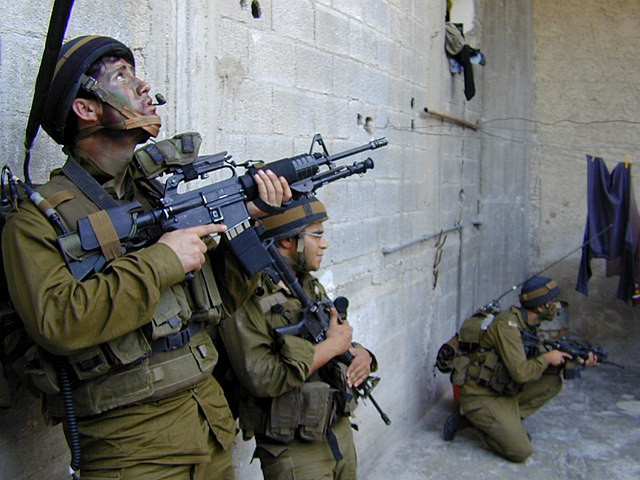In a week marked by intense military activity, Israeli forces have withdrawn from the Jenin refugee camp and surrounding areas in the West Bank, concluding one of their most extensive operations in recent years. The operation, which spanned more than a week, left at least 21 Palestinians dead, most of whom were identified as militants, according to Israeli military sources. However, the toll on civilian infrastructure and lives has been devastating, raising concerns about the humanitarian impact of the offensive.
The Israeli Defense Forces (IDF) had launched the operation targeting militants in Jenin, Tulkarem, and the Al-Faraa refugee camps, citing the need to curb increasingly sophisticated and deadly attacks against Israeli civilians. The operation was described by military officials as a necessary measure to dismantle terrorist networks and prevent further violence. During the campaign, Israeli troops employed tactics that included the use of armored personnel carriers, helicopters, and drones, while military bulldozers ripped through roads in search of buried explosives.
Jenin, a long-standing stronghold of Palestinian militancy, bore the brunt of the operation. The IDF reported that the Jenin camp had become a hub for Iranian-backed militant groups, including Hamas and Islamic Jihad, planning attacks on Israeli targets. In total, 14 militants were reportedly killed during the operation, including a local Hamas commander. The military also claimed to have dismantled 30 explosives planted under roadways and uncovered an underground weapons storage facility beneath a mosque.
Despite the military's assertion that their actions were aimed at minimizing threats, the operation's impact on the civilian population has been severe. Residents of Jenin were left without water and electricity as the fighting destroyed critical infrastructure. Over 20 kilometers of roadway were dug up by Israeli bulldozers, leaving the center of the city in ruins. Thousands of residents were displaced, many of whom returned to find their homes and businesses destroyed or heavily damaged.
The international community has closely monitored the situation, with the United Nations expressing concern over the "lethal war-like tactics" used by Israeli forces. The Palestinian foreign ministry accused Israel of employing the same destructive methods seen in Gaza, further escalating tensions in the region. As the dust settled on Friday morning, residents of Jenin began to sift through the rubble, assessing the full extent of the destruction.
The operation has not only exacerbated the humanitarian crisis in Jenin but also highlighted the ongoing violence that has plagued the West Bank in recent years. Since the beginning of the year, more than 680 Palestinians have been killed in the West Bank and East Jerusalem, according to Palestinian health ministry figures. Many of the deceased were involved in clashes with Israeli forces, though others were civilians caught in the crossfire.
In response to the escalating violence, Israel has faced increasing pressure from the United States and other allies to reach a ceasefire. However, Israeli Prime Minister Benjamin Netanyahu has remained steadfast in his demands, including continued control over key areas in Gaza, which have become major sticking points in negotiations.






